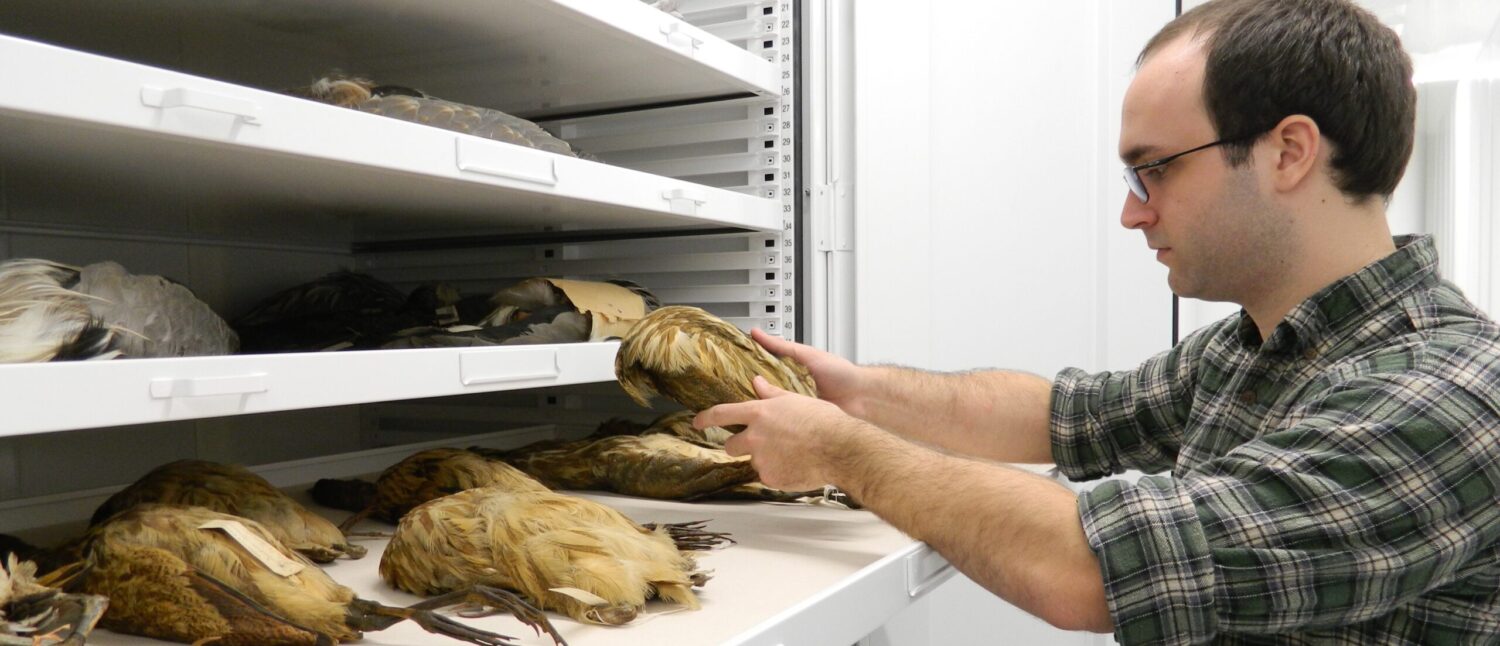The White House released the President’s Budget Request for fiscal year (FY) 2020 on March 11, 2019, proposing deep cuts to science funding for the third consecutive year. The proposal calls for significant cuts to many federal science agencies, including the National Science Foundation (NSF), the National Institutes of Health (NIH), the U.S. Geological Survey (USGS), and the Smithsonian Institution.
The $4.7 trillion FY 2020 budget framework includes $1.3 trillion in discretionary spending, of which $543 billion (-5 percent) is for nondefense discretionary spending. Defense spending would receive a 5 percent boost to $750 billion. According to Science Insider, overall federal R&D funding would decrease by 11 percent.
According to the White House Office of Management and Budget (OMB) Acting Director Russ Vought, the proposal “embodies fiscal responsibility, and takes aim at Washington’s waste, fraud, and abuse. The Administration’s key funding priorities include addressing wasteful Washington spending, strengthening our southern border, promoting a healthy American economy, and maintaining a strong national defense.
Some key budget items related to science include:
– NSF would receive $7.1 billion in FY 2020, a 12.5 percent cut from the FY 2019 level enacted by Congress.
– The Smithsonian Institution would receive a 6.2 percent budget cut, with the Salaries and Expenses account receiving a boost of $19.3 million.
– The Institute of Museum and Library Services has been proposed for termination for the third year in a row. The budget request would provide $23 million for its “orderly closure.
– The National Oceanic and Atmospheric Administration (NOAA) would get $4.5 billion (-17 percent), with funding for lower priority NOAA grant and education programs, including the Sea Grant, Coastal Zone Management Grants, and the Pacific Coastal Salmon Recovery Fund, zeroed out.
– A $12.6 billion (-14 percent) budget is proposed for the Department of the Interior. The National Park Service would receive $2.7 billion (-15 percent), with $321.6 million (-4 percent) targeted to natural and cultural resource stewardship. The Bureau of Land Management would be trimmed by 11 percent to $1.2 billion, and the U.S. Fish and Wildlife Service would receive $1.3 billion (-16 percent). The Administration requested $983.5 million for USGS, more than 16 percent below FY 2019. Under the request, 7 of the agency’s mission areas will be realigned into 5 mission areas. Under the new structure, the new Ecosystems mission area would receive a nearly 35 percent budget cut. The proposal would also terminate the Biological Survey Unit and Cooperative Research Units and reduce funding for climate research.
– NIH’s budget would be slashed by 13 percent to $34.4 billion.
– The National Institute of Standards and Technology (NIST) would receive only $688 million, a 30 percent cut, in FY 2020.
– The Environmental Protection Agency (EPA) would see its budget slashed by nearly 31 percent to $6.1 billion. Scientific research at EPA would be reduced by 35 percent.
– Agricultural research is also slated for large cuts. Funding for the Agricultural Research Service within the U.S. Department of Agriculture (USDA) would be slashed by 26 percent. The National Institute of Food and Agriculture (NIFA) would lose 5 percent. On the upside, the Agriculture and Food Research Initiative (AFRI) would receive an infusion of 20 percent to $500 million.
The FY 2020 budget proposal has already largely been dismissed by lawmakers on both sides of the aisle and is unlikely to pass as proposed. However, science policy experts warn that given the myriad proposed cuts and realignments, science advocates must offer a spirited and persistent campaign to secure funding.
Describing the President’s budget, House Appropriations Committee Chairwoman Nita Lowey (D-NY) said, “President Trump has somehow managed to produce a budget request even more untethered from reality than his past two.” She added, “With such misguided priorities, the Trump budget has no chance of garnering the necessary bipartisan support to become law. I am committed to working with my colleagues, both Democrats and Republicans, to write appropriations bills that responsibly fund the government.”
House Interior-EPA Appropriations Subcommittee Chairwoman Betty McCollum (D-MN), called the budget “dead on arrival”. Republican Appropriator Senator Susan Collins (R-ME) said, “In all the years that I’ve been here, there’s never been a president’s budget that has passed as submitted, and I don’t think this will be any different.”

